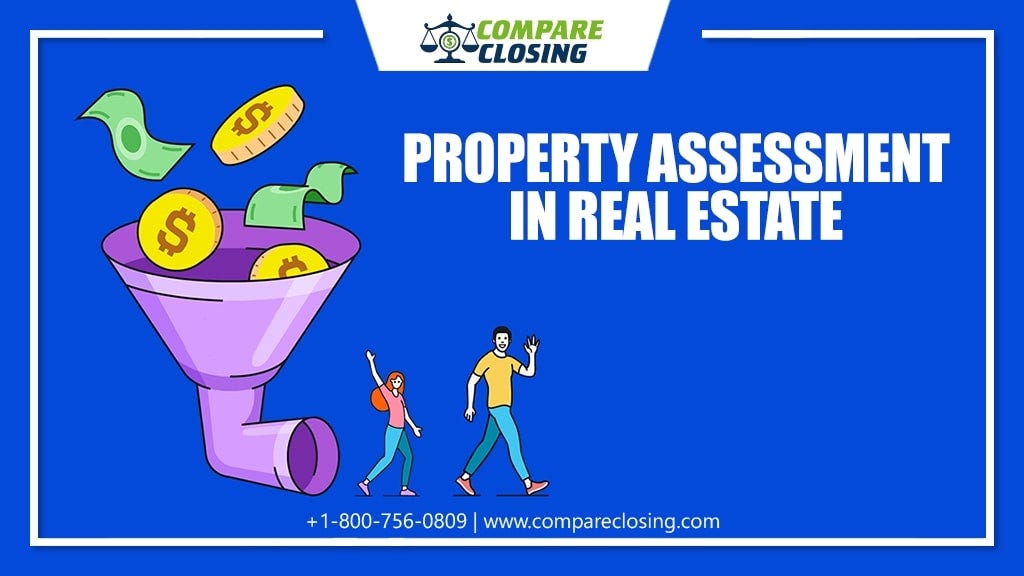
About Property Assessment
Have you ever wondered how your property taxes are calculated? When you are paying your property taxes you might have noticed that the tax amount is different every year.
Your property taxes are calculated on the basis of your property assessment. In this post, we will understand what assessment means and how it is used to calculate property taxes.
What is an Assessment in Real Estate?
A property assessment is an evaluation of property done through a certified assessor to derive the estimated value of a real estate to calculate taxes that are needed to be paid by the owner of the property.
In most the counties the real estate assessment is done every year so that the taxes could be collected on the property and submitted to the local government bodies.
The assessment is done by an elected assessor who will visit the property for assessment of the real estate property.
The assessor will then evaluate the physical structure of the property, any additions or upgrades that are done to the property since its last assessment, the size of the land, and compare it with the prices of the other properties in the same area with the same configuration to get a fair estimated value of the property.
The assessors submit the value of the property to local government bodies that then set a tax rate in the area for the properties.
How is Property Assessment used to Calculate Property Taxes?
In any given county the property taxes are calculated based on the total assessed value and the cost of services required for maintaining the local amenities such as fire protection, roads, parks, snow removal, etc.
Let’s take a few examples of how the tax rate is derived.
The tax rate is the cost of services divided by the total amount of assessed value. Let’s say in a given county the total assessed value is Five million dollars including all the homes and the cost of service is ten thousand dollars.
Then the tax rate in that county would be $0.00200. If your property assessment was done at $350,000, then your taxes for the year would be $700.
Now let’s say that the total property assessment values were increased to seven million dollars and the cost of assessment remains the same which is ten thousand dollars, and your property was assessed at $375,000. In this case, the tax rate would be $0.00142. Your tax for this year would be $532.
This means even if your property value increases and the cost of services remain the same, your taxes will decrease.
Let us take another example. If the total property assessment value for the county remains at seven million without any new houses being constructed in the county, however, the cost of services increases to fifteen thousand dollars, then the tax rate would be $0.00214.
Since your property assessments also remain at $375,000, your yearly property taxes would be $802.5.
This means, that when the cost of service increases and your property assessment remains the same, your property taxes will increase.
Finally, let’s say that there were a couple of more houses constructed in the county and the total assessment value bumped up to eight million dollars whereas the old properties were assessed at the same values, and the cost of service remains the same at fifteen thousand dollars, then the tax rate would be $0.00187.
Now since the old houses were assessed at the same value, your property assessment came to $375,000 and your yearly property tax was $701.25.
This means if there are new properties constructed in the area and the assessment of the hold homes remains the same along with the cost of services, you will have less property tax to be paid.
Conclusion
A home assessment is one of the most significant parts of calculating your property taxes. The other component is the tax rate.
The tax rate depends upon the increase or decrease in the property assessment value according to the overall market along with the change in the county’s budget for the cost of services.
https://www.compareclosing.com/blog/all-about-property-assessment/
Comments
Post a Comment